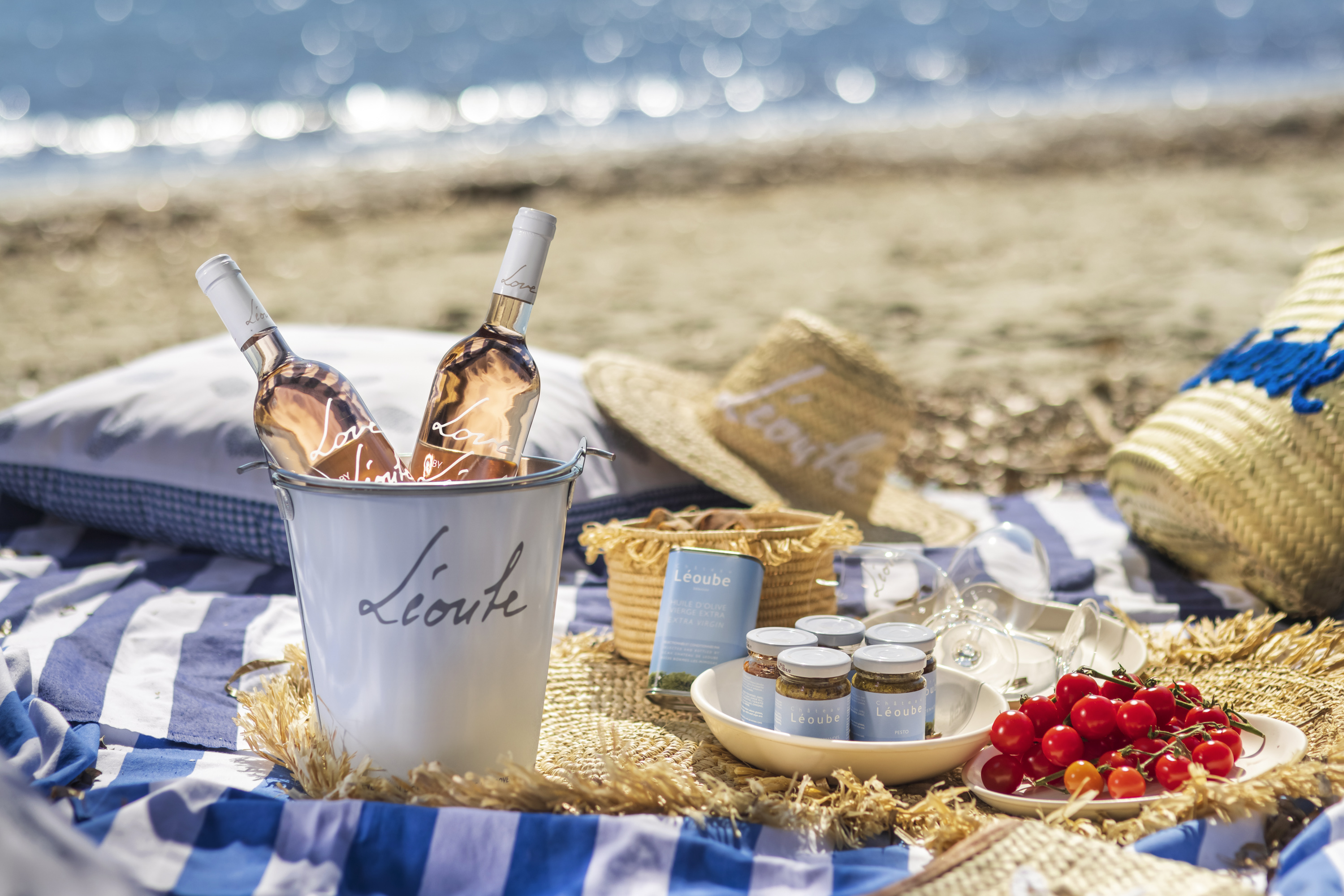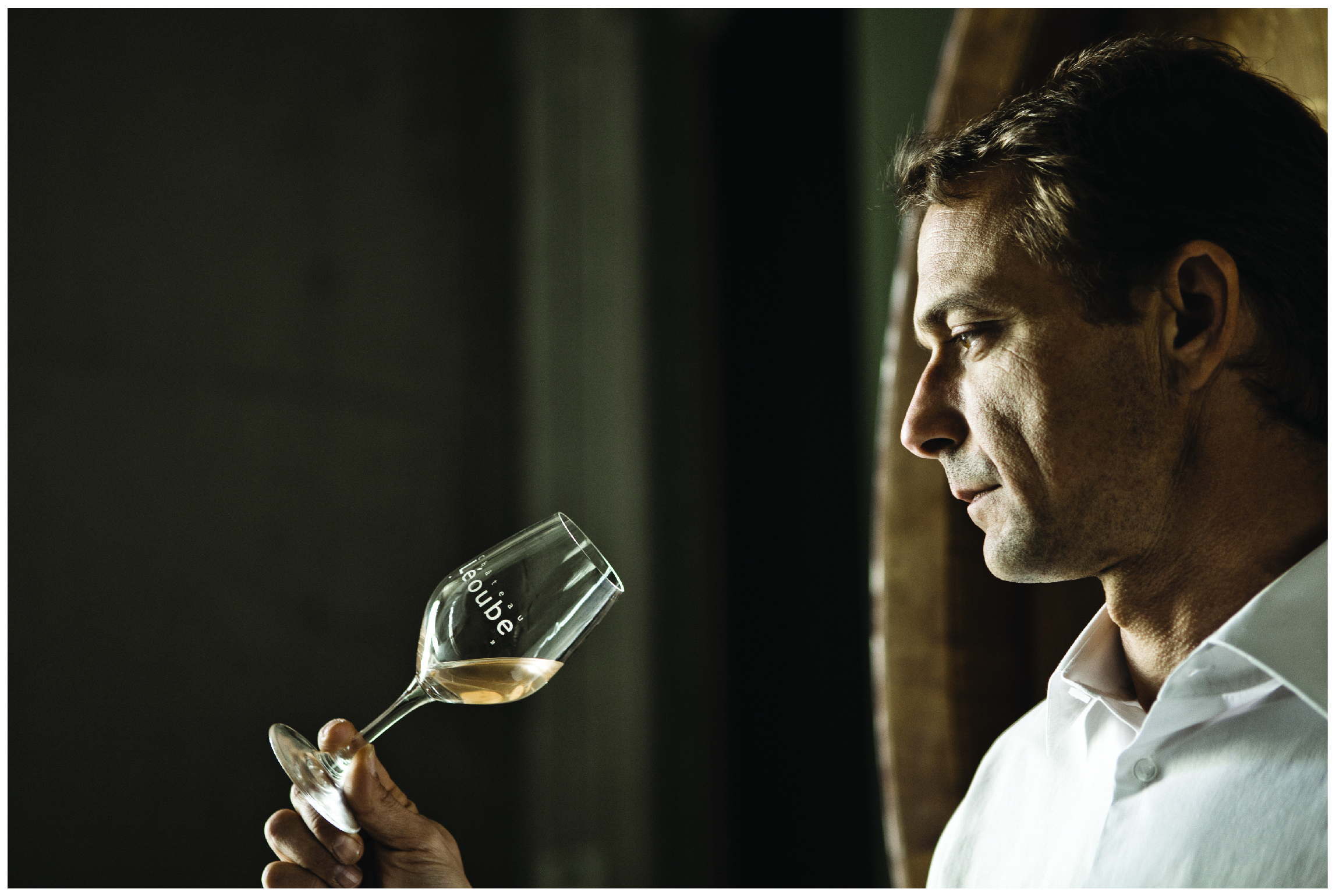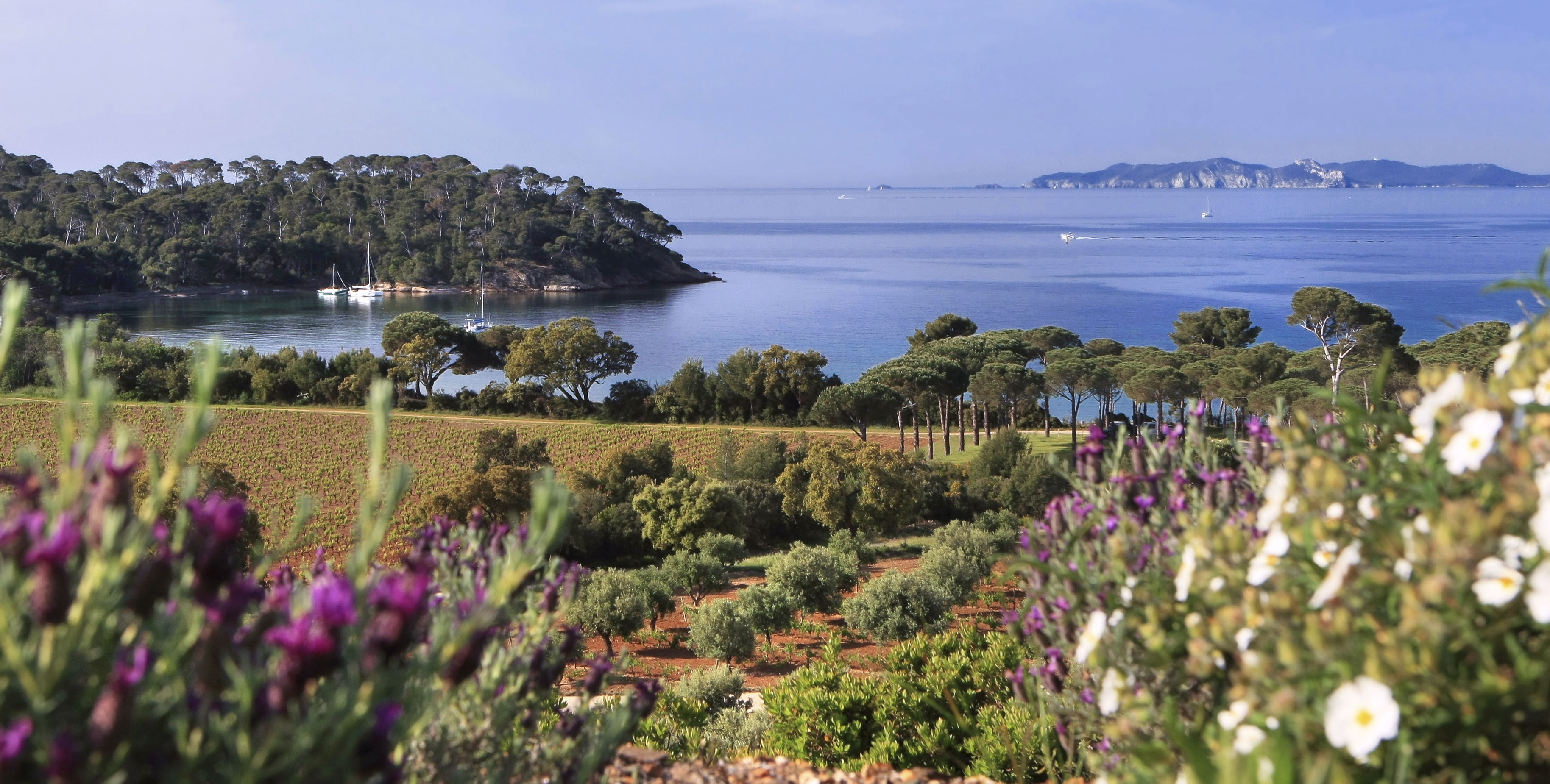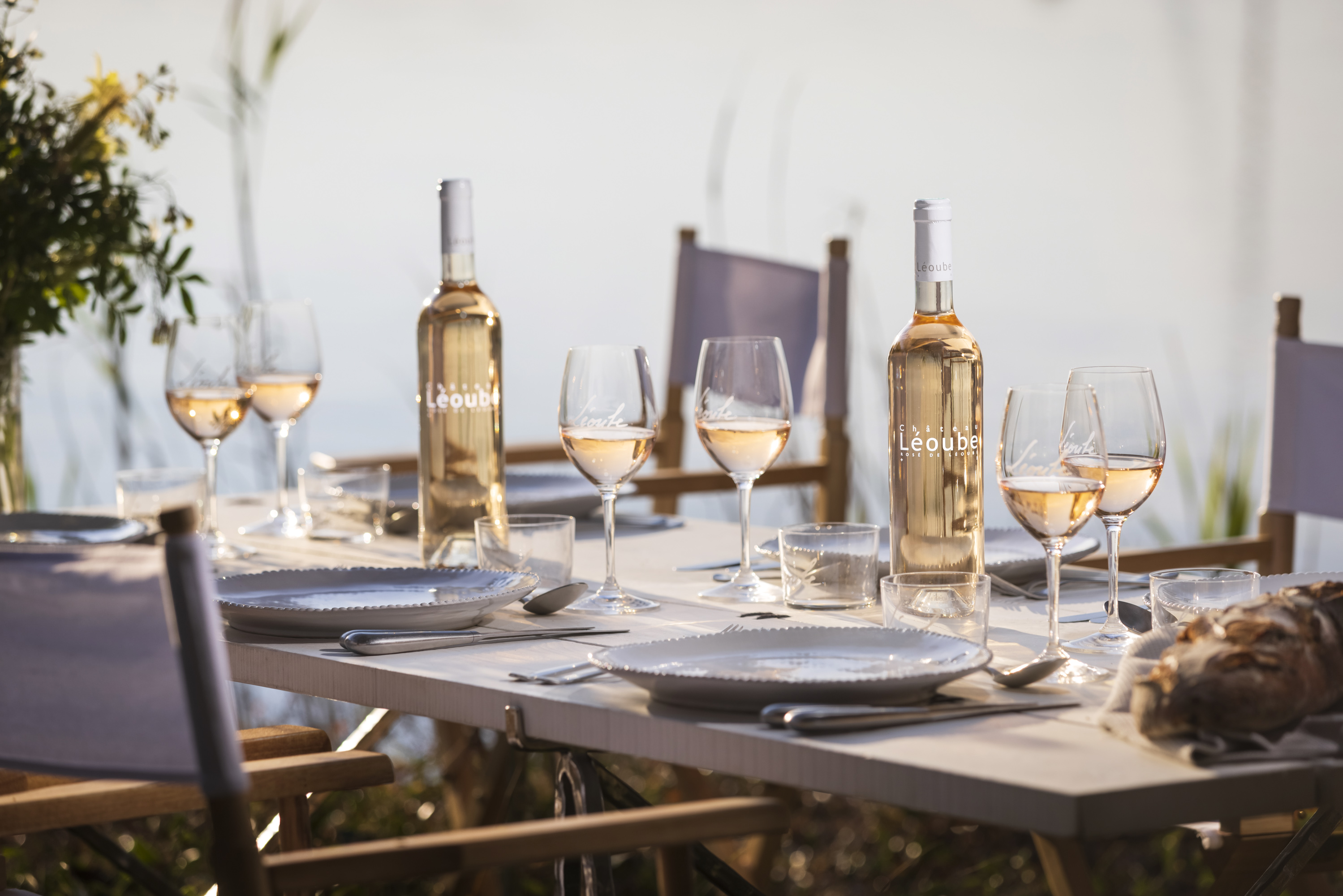In conversation with Romain Ott, Chateau Léoube
Posted by Edward Mercer on 25 Apr 2024
What are the main factors that makes Léoube’s Estate Rose so unique?
Chateau Léoube is a 560 hectare estate but only 70 hectares of the land is dedicated to viticulture. This means most of the estate is wild which allows the local flowers, herbs, insects and animals to grow and thrive. The focus is very much on nature which is why the estate is certified organic, with a focus on regenerative farming to improve the surrounding biodiversity and soil health. This in turn improves grape quality and helps to express the true nature of the soil in which our grapes are grown. The vineyard runs across 4km of coastline which helps moderate temperature but also gives our wines a distinctive salinity and silky texture. This coastal setting with the protective benefit of surrounding mountains means we can produce wines of exceptional flavour and balance.
What’s the perfect food pairing with your Estate Rose?
Rosé is a great choice for a variety of food pairings as the flavours can work with a whole range of foods. For me, the best pairings would be with grilled or roast lamb, Mediterranean fish or Asian dishes. The pairings you would naturally associate with Provencal cuisine also work very well – antipasti, seafood, olive oils and fresh fish.
Your vineyards are based in the South of France right next to the Mediterranean Sea, how does this impact the wines you produce?
The Mediterranean Sea, which edges the estate, really helps to regulate the climate here. We enjoy cool coastal breezes during the day, meaning the estate never gets as hot as the land 3-4km north of us. The nights are particularly fresh because of the proximity of the sea which is very helpful for the vines. It is this combination of the ocean at one side of the estate and mountains behind which offer a uniquely protected environment for our vineyard. This of course contributes to the quality of our fruit and distinctive style of our wines. The sea air and marine schist soil lend our wines a salinity and minerality has become synonymous with the Léoube name.
What is your big winery/vineyard projects for the next few years?
For the next few years we continue to work on regeneration and renewal at the estate, planting 5-6 hectares of new vines. Part of this is to work on the variety of our white grapes. Year on year we work to be more and more precise with our wines. Alongside this, the continual work to protect and nurture the Léoube estate will continue – caring for the health of our soil, the vineyards and the wild untouched areas of the surrounding land.
Why is producing wine sustainably so important to Léoube?
Our aim is always to protect, preserve and nurture the land at Léoube. We believe that farming organically and sustainably not only benefits the estate but contributes to the quality and balance of our wines. Sustainable viticulture is simply the normal way for us to produce, looking to nature and the seasons to guide us. Sustainability, organic, biodynamic and biodiversity are very popular phrases nowadays and they are very important topics, but I would say the philosophies behind these approaches have been part of how winemakers have maintained a balanced natural environment at wine estates for generations. Winemakers at smaller estates like Léoube consider traditional, sustainable production methods to be the normal and most effective way to work. To work with the lunar cycles for pruning or harvest for instance is natural and what we would say is ‘farming sense’. Sustainability for us doesn’t necessarily involve big-scale interventions, but to consider the balance between the vineyard plots and surrounding environment. For example, we support the natural maquis and shrubs because the insects and wildlife they sustain is important for health of the vines too. Maximising the wild areas across the estate keeps the Léoube ecosystem alive, which allows our vines and olive trees to thrive. Nature is already here and we simply help and guide where we can to allow natural regeneration. Our aim is simple – to preserve the land and produce only what the land can give.
Find all of the wines from Chateau Léoube on our site here





